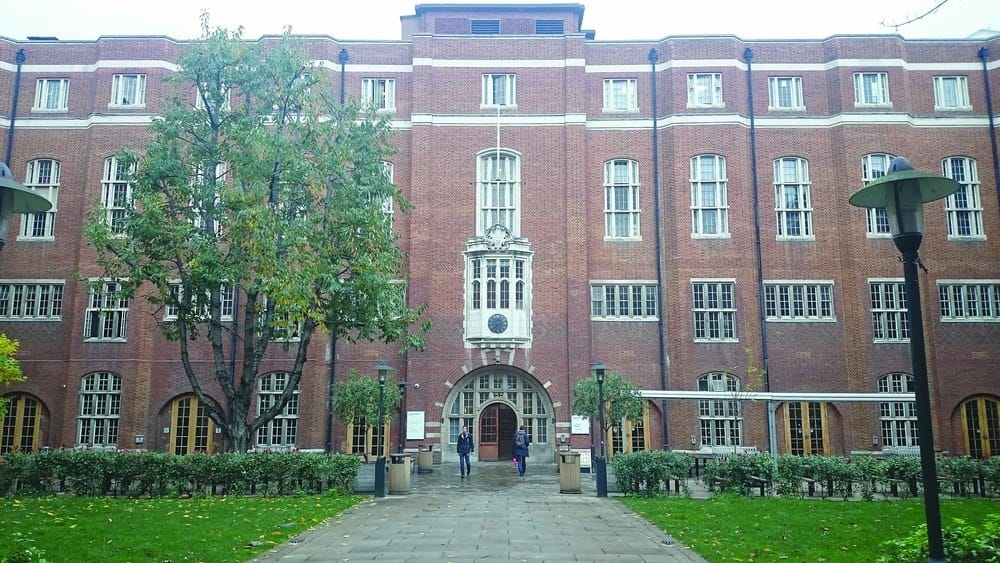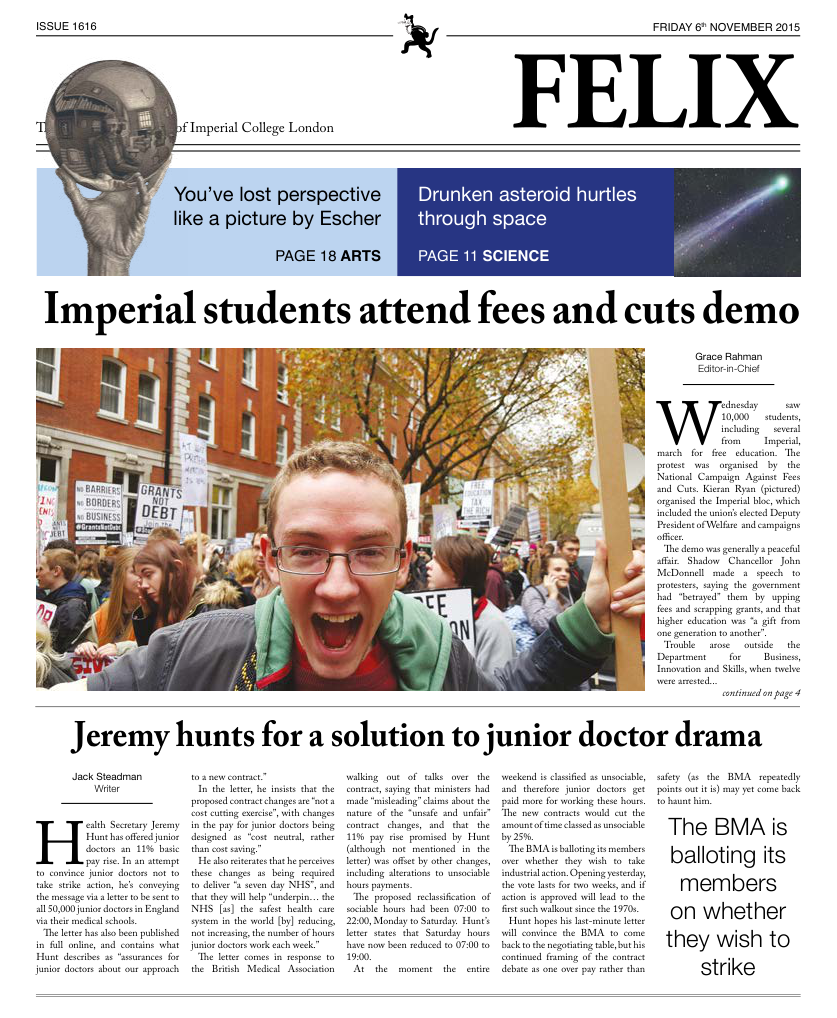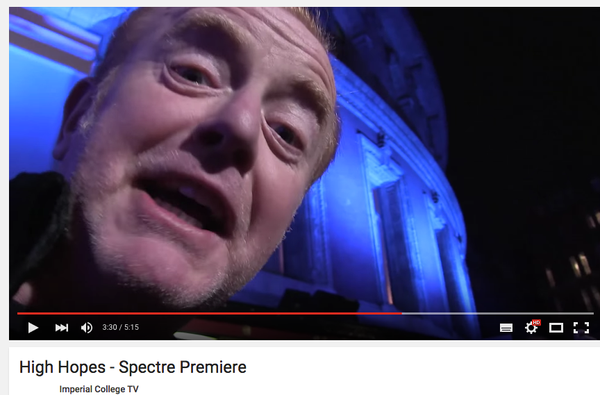Union replaces tree in Beit Quad
It’s been tripping you up for years, and now it’s gone forever

One of the two large, established cherry trees dominating Beit quad has been completely removed, and replaced with a younger model. Many readers will be familiar with the trees’ knobbly roots which have lifted the paving around the union’s seating area, forming a trip hazard.
The combination of drunk students and un-level paving led the union to ask the council whether the trees could be removed. Westminster council’s tree officer recently granted permission for this, having visited the site and reporting that both trees were diseased.
Workers planting it expressed concern as to whether the tree would survive its first sports night. It did.
Beit and the union building are situated in Westminster council’s Knightsbridge conservation area, which means although it is privately owned land belonging to the college, the trees are protected by Westminster council, and requests to have them removed are subject to approval by the council.
Westminster’s arboricultural officer, Rosie Dobson, inspected them and found decay fungus and cankers in the main branches of both trees. Ms Dobson told FELIX these defects had left the trees’ life expectancies reduced and so she had no objection to them being removed and exchanged for an “attractive and hardy” new species.
The two cherry trees are being replaced by Robinia Casque Rouges, which have roots that spread less, grow quickly and branch higher up. The first new Robinia was planted on Wednesday, and is thoroughly weedy in comparison to its cherry counterpart. The workers planting it expressed worry as to whether the young tree would survive its first sports night. It did.
The second tree is due to be removed in the coming week, and by next Friday, the surrounding pavement will have been re-layed. On Tuesday, chainsaws were heard echoing across the quad, while a man harnessed to the old tree dodged the fairy lights to cut off all its branches. By midday, the tree was gone.
FELIX was delivered part of the trunk from a disgruntled student. It is unclear where the rest of the tree is, or how it will be recycled.
The roots of the trees have made the fuse boxes outside inaccessible, rendering both the fairy lights in the trees and the round lights on the ground unusable.
Chris Kaye, the union’s Deputy President for Finance and Services, told us:
“The old tree has seen the ups and downs of student life over its many years, a bit like me. It has seen many bodily fluids. It has seen many commiseratory (sic) pints, many celebratory pints. It has seen people at Freshers’ week and at graduation. The tree has come to the end of its life but it is being replaced by a new tree. A tree that will see many many more generations of Imperial students. And I wish it all the best.”






